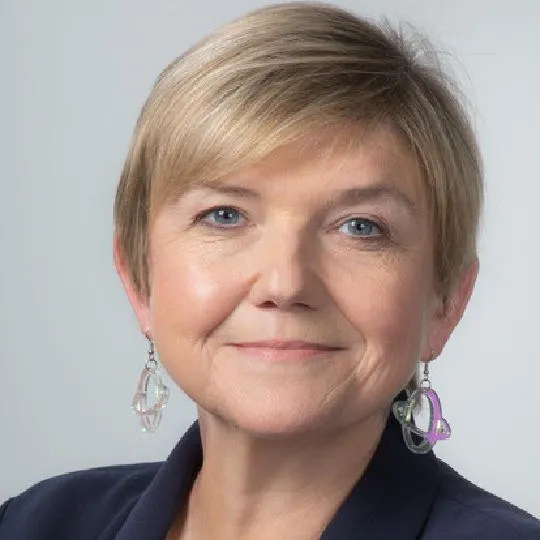About us
The Freeman Air and Space Institute (FASI) provides independent and original research and analysis of air and space power issues. FASI was established in 2020 thanks to funding from the Royal Air Force (RAF) through the Defence Science and Technology Laboratory (DSTL). Based in the School of Security Studies, King's College London, the Institute is an interdisciplinary initiative dedicated to generating an understanding of air and space power affairs in defence and security.
FASI seeks to inform scholarly, policy and doctrinal debates in a rapidly evolving strategic environment, characterised by transformative technological change, which is increasing the complexity of the air and space domains.
The Freeman Institute places a priority on identifying, developing and cultivating air and space thinkers in academia and industry, as well as informing and equipping air and space education provision at King’s and beyond.
Our Work
FASI holds online and in-person events, and regularly publishes academic papers as well as shorter reports and viewpoints. Potential contributors are encouraged to contact FASI via email. Recent events have included FASI's inaugural Postgraduate Air and Space Conference and our annual summer event, Defence Question Time.
Our Namesake
The Institute is named after Air Chief Marshal Sir Wilfrid Freeman (1888–1953), who was crucially influential in British air capability development in the late 1930s and during the Second World War, making an important contribution to the Allied victory. He played a central role in the development of successful aircraft including the Spitfire, Lancaster and Mosquito, and in planning the wartime aircraft economy – the largest state‑sponsored industrial venture in British history. FASI marked the 70th anniversary of his death in 2023.
Women in Aviation and Aeropsace (WIAA) Charter
As part of our commitment to Gender Balance at the Freeman and and Space Institute (FASI), we are proud to be signatories of the Women in Aviation and Aerospace (WIAA) Charter. This Charter is a commitment by signatory firms to work together to build a more balanced and fair aviation and aerospace industry in the UK.
By signing the Charter, FASI has pledged to promote gender diversity by:
- having one member of their senior executive team, responsible and accountable for gender diversity and inclusion;
- setting internal targets, where appropriate, for gender diversity in senior management;
- publishing progress annually against any targets in reports on their website; and
- having an intention to ensure the pay of the senior executive team is linked to delivery against any internal targets on gender diversity and inclusion
Our Partners

Defence Science and Technology Laboratory
Group leads
Contact us
Media Requests
If you are external media and would like to speak with a member of the FASI team, please directly contact the below people:
Air Topics - Dr Sophy Antrobus
Space Topics - Dr Julia Balm
General Topics - FASI Team



